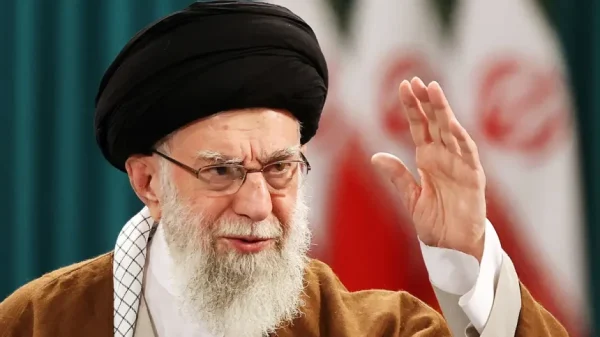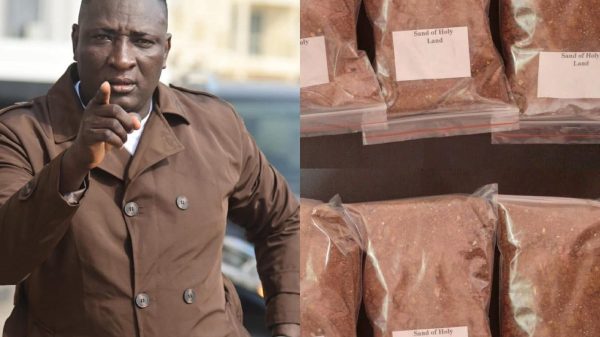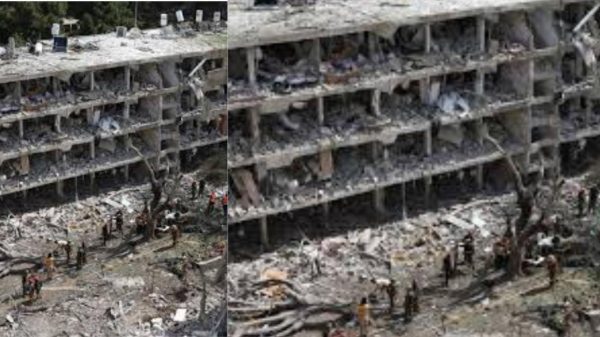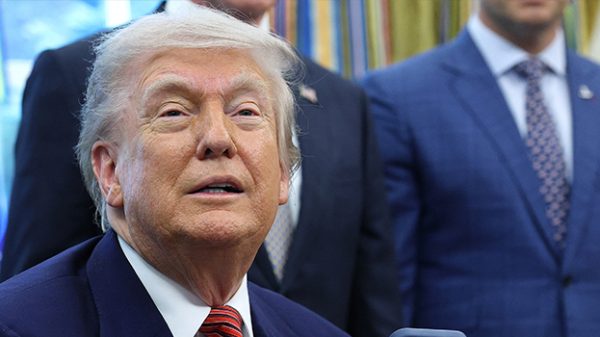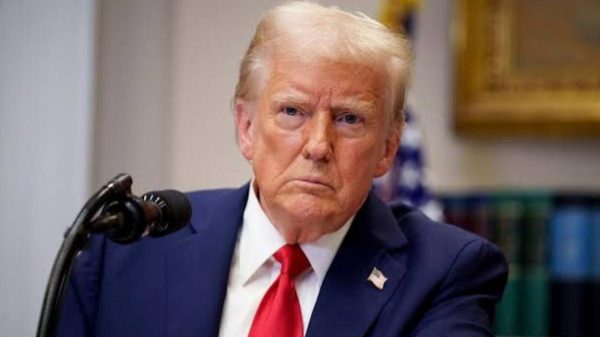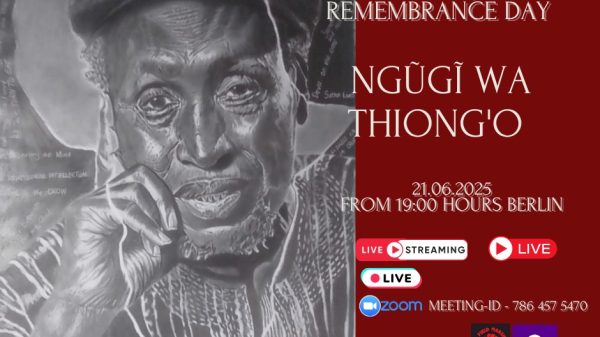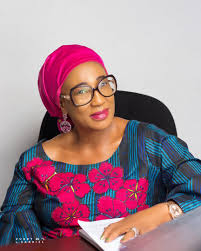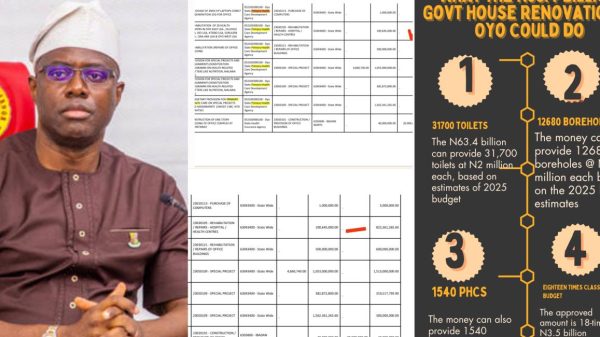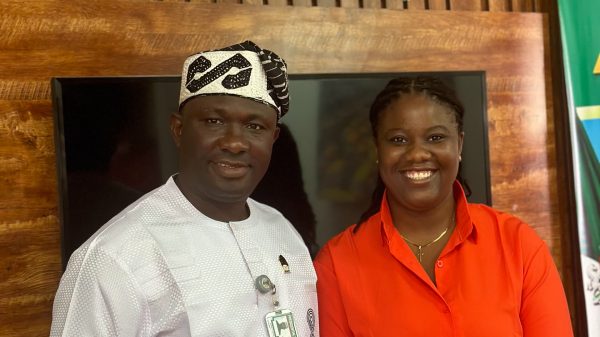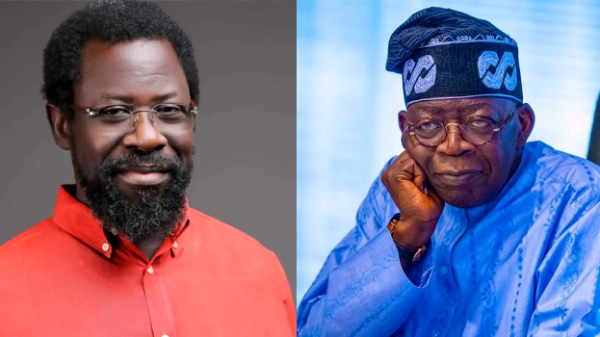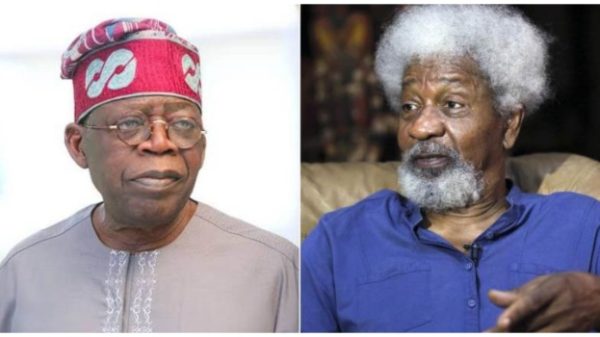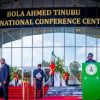The Socio-Economic Rights and Accountability Project (SERAP) has filed a lawsuit against President Bola Tinubu and the Attorney General of the Federation, Lateef Fagbemi (SAN), over their alleged failure to investigate and recover over ₦57 billion reportedly missing or unaccounted for in the Federal Ministry of Humanitarian Affairs and Poverty Alleviation.
The allegations stem from the 2021 audited report released in November 2024 by the Office of the Auditor-General of the Federation. SERAP claims that the funds, meant for various poverty alleviation programs, were mismanaged, raising concerns about corruption and accountability.
The lawsuit, filed at the Federal High Court in Lagos and marked FHC/L/MISC/876/2024, seeks a court order compelling President Tinubu to instruct Fagbemi to collaborate with anti-corruption agencies to investigate the allegations. SERAP also wants those responsible prosecuted if evidence supports the claims and any recovered funds returned to the public treasury.
The Auditor-General’s report highlights significant discrepancies in the management of public funds:
– Over ₦54 billion intended for stipends under the N-Power program was not directly paid to beneficiaries, raising suspicions of diversion.
– ₦2.6 billion allocated to the Home-Grown School Feeding Programme lacked proper documentation.
– ₦78 million spent on COVID-19 response surveys had no approval or supporting documentation.
– ₦39.5 million in donations and ₦400 million earmarked for stipends to independent monitors were unaccounted for.
Additional reports allege more than ₦287 million was paid to contractors without justification. SERAP noted that these figures exclude a separate case involving ₦729 billion in missing funds, which is already the subject of another court ruling.
SERAP emphasized the devastating effects of corruption on Nigeria’s most vulnerable citizens. “These funds were meant to alleviate poverty, but their mismanagement represents a theft from the poor,” the organization said. “Nigerians are bearing the brunt of corruption, facing increased costs for essential services like health and education.”
The organization also warned that systemic corruption undermines public trust and violates constitutional provisions and international anti-corruption treaties to which Nigeria is a party.
SERAP’s lawyers, Kolawole Oluwadare and Oluwakemi Agunbiade, argue that investigating and prosecuting the alleged culprits will help combat corruption and reduce Nigeria’s budget deficit. They assert that the government has a constitutional obligation under sections 13, 15(5), and 16 of the 1999 Constitution to ensure social justice and equitable resource distribution.
They also cited Nigeria’s commitments under the United Nations and African Union anti-corruption conventions, which mandate thorough investigations and proportionate sanctions for cases of grand corruption.
No date has been set for the hearing of the case. However, SERAP expressed hope that the court’s intervention would help address corruption in ministries, departments, and agencies, ensuring justice for Nigerians and better management of public resources.
This case highlights growing concerns about governance in Nigeria and the public’s demand for transparency and accountability in the management of public funds. SERAP has urged Nigerians to stay informed and engaged in the fight against corruption to protect the nation’s resources and future.


